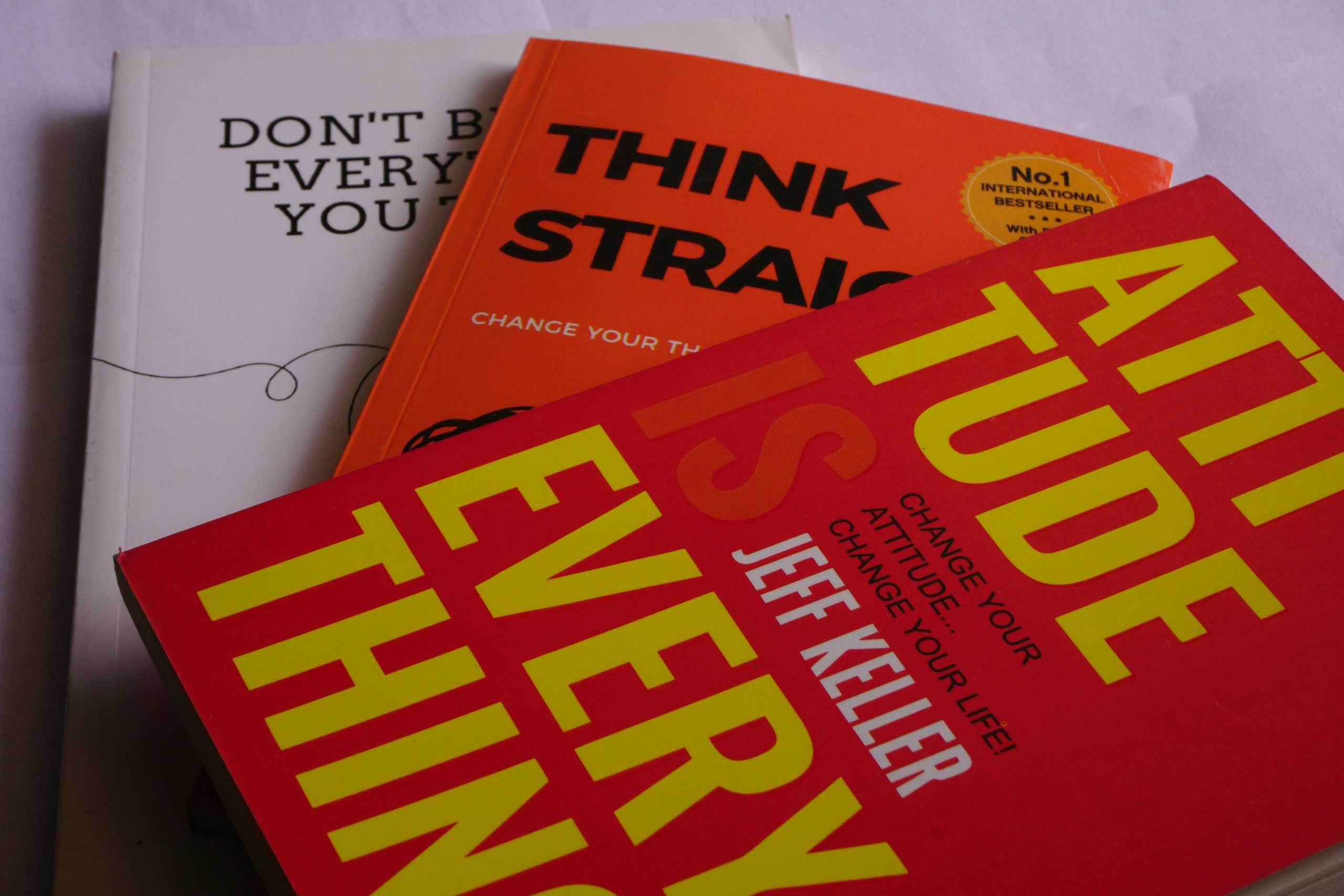Navigating Career Complexity with Intentional and Strategic Thinking
Navigating a career can often feel like trying to solve a complex puzzle. There are so many pieces to consider, from personal goals and values to external factors like industry trends and job market conditions. In order to succeed and find fulfillment in our careers, it’s crucial to approach this complexity with intentional and strategic thinking. By developing a clear plan and taking purposeful actions, we can navigate our careers with purpose and direction. In this article, we will explore the importance of intentional and strategic thinking when it comes to navigating career complexity and outline practical steps for putting these concepts into practice.
Understanding the Importance of Intentional and Strategic Thinking
Before delving into how to apply intentional and strategic thinking to our careers, it’s important to understand what these terms mean and why they are essential. Intentional thinking refers to actively making decisions and taking actions that align with our goals and values. It involves being mindful and purposeful in our choices, rather than simply reacting to external factors or societal pressures.
On the other hand, strategic thinking involves considering the bigger picture and making informed decisions based on a long-term plan. It involves anticipating potential challenges and opportunities and proactively planning for them. By using both intentional and strategic thinking, we can approach our careers with a clear sense of direction and purpose.
The Benefits of Intentional and Strategic Thinking in Navigating Career Complexity
1. Clarity and Focus
One of the biggest advantages of intentional and strategic thinking when it comes to navigating career complexity is the clarity and focus it provides. By understanding our personal goals and values and having a long-term plan, we can filter out distractions and make decisions that align with our vision for our careers. This not only helps us stay on track but also gives us a sense of purpose and direction in our professional lives.
2. Adaptability
Career complexity also often requires us to be adaptable and flexible in our approaches. By utilizing strategic thinking, we can anticipate potential challenges and have contingency plans in place. This allows us to pivot and adjust our course when necessary, without losing sight of our ultimate goals.
3. Increased Job Satisfaction
Navigating complexity without a clear plan can often lead to feelings of uncertainty and dissatisfaction in our careers. However, by using intentional and strategic thinking, we can make purposeful choices that align with our values and goals. This can lead to a greater sense of fulfillment and satisfaction in our professional lives.
Practical Steps for Applying Intentional and Strategic Thinking to Your Career
1. Clarify Your Goals and Values
The first step in incorporating intentional and strategic thinking into your career is to have a clear understanding of your personal goals and values. Take the time to think deeply about what you truly want to achieve in your career and what is important to you. This will serve as the foundation for all your future decisions.
2. Create a Long-Term Plan
Based on your goals and values, create a long-term plan for your career. This can include milestones you want to achieve in the next 5, 10, or 15 years, as well as specific actions you need to take to reach them. Having a clear roadmap can help you stay focused and motivated as you navigate career complexity.
3. Continuously Evaluate and Reflect
Career complexity is constantly evolving, and our plans and goals may need to adapt accordingly. This is why it’s essential to regularly evaluate and reflect on your progress and make adjustments as needed. Stay open to new opportunities and be willing to pivot when necessary.
4. Seek Guidance and Support
Navigating career complexity can be overwhelming, and it’s important to have a support system to lean on. Seek guidance and mentorship from experienced professionals, and surround yourself with a network of supportive peers who can offer advice and encouragement.
Conclusion
Navigating complexity in our careers can be challenging, but by utilizing intentional and strategic thinking, we can approach it with clarity, focus, and purpose. By consistently evaluating and reevaluating our goals and plans, we can adapt and thrive in an ever-changing professional landscape. So, take the time to develop intentional and strategic thinking skills, and watch as your career flourishes with intention and direction.











